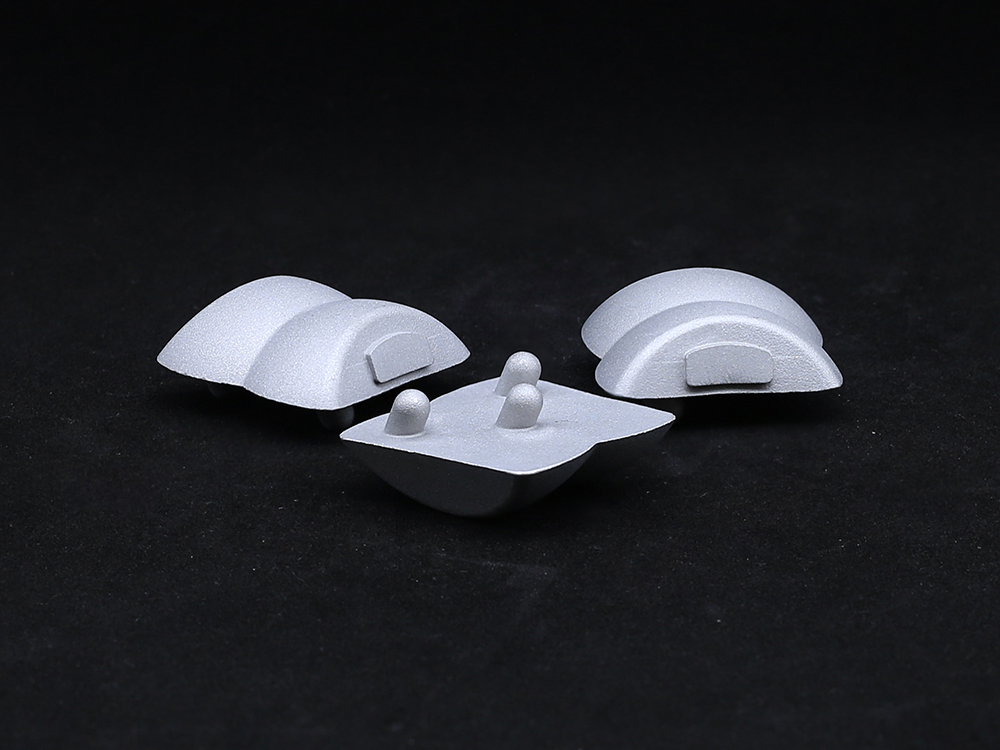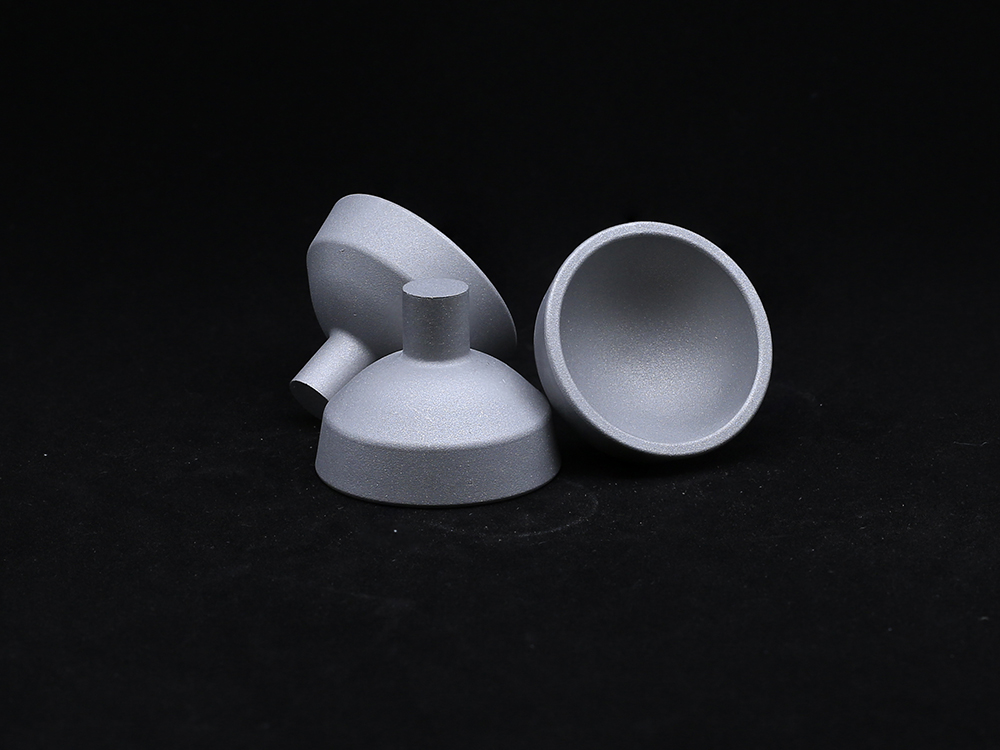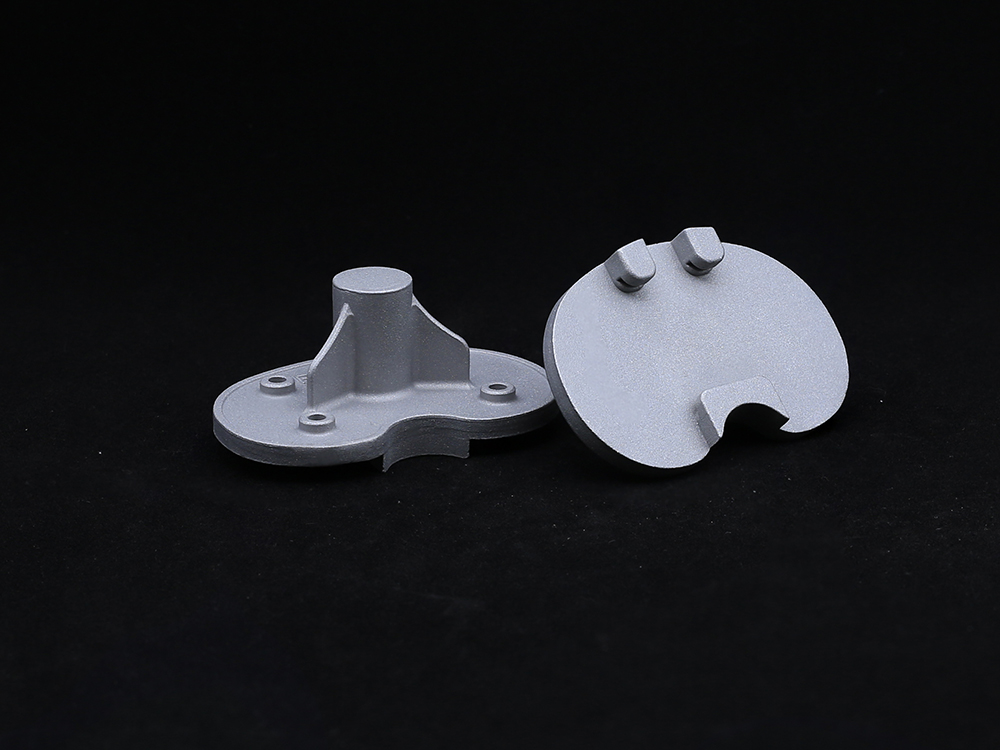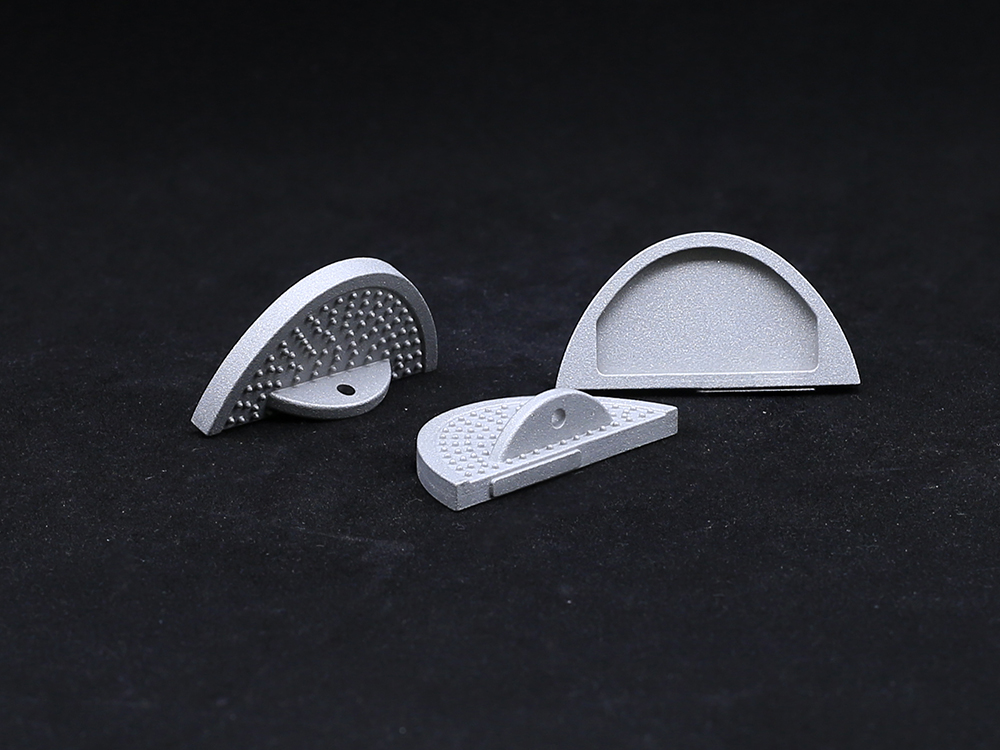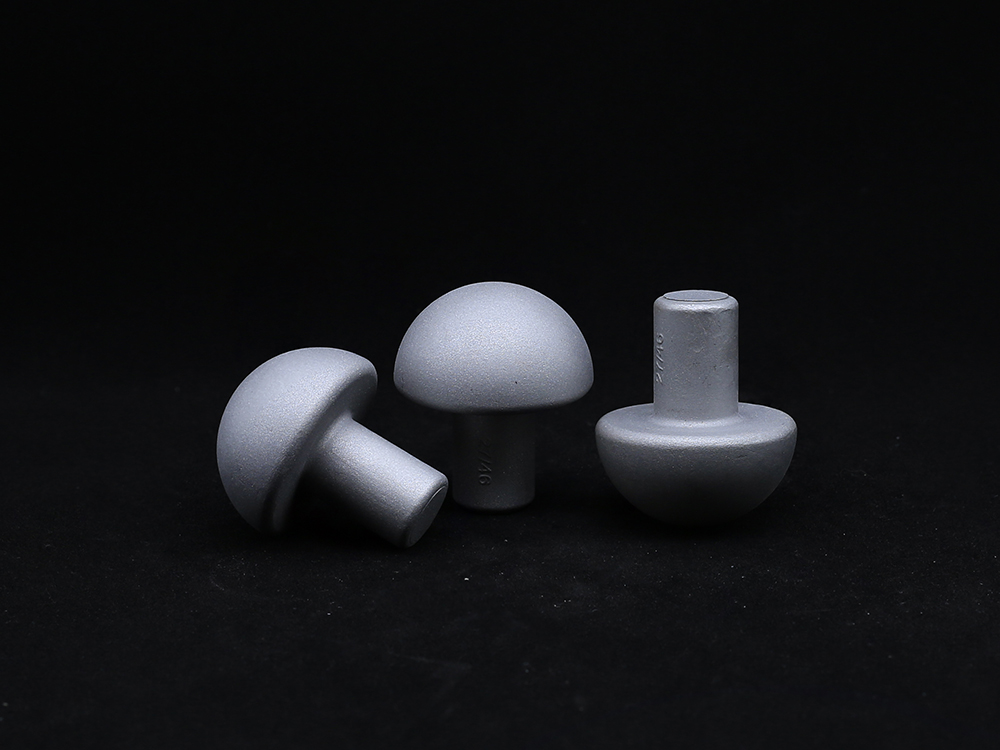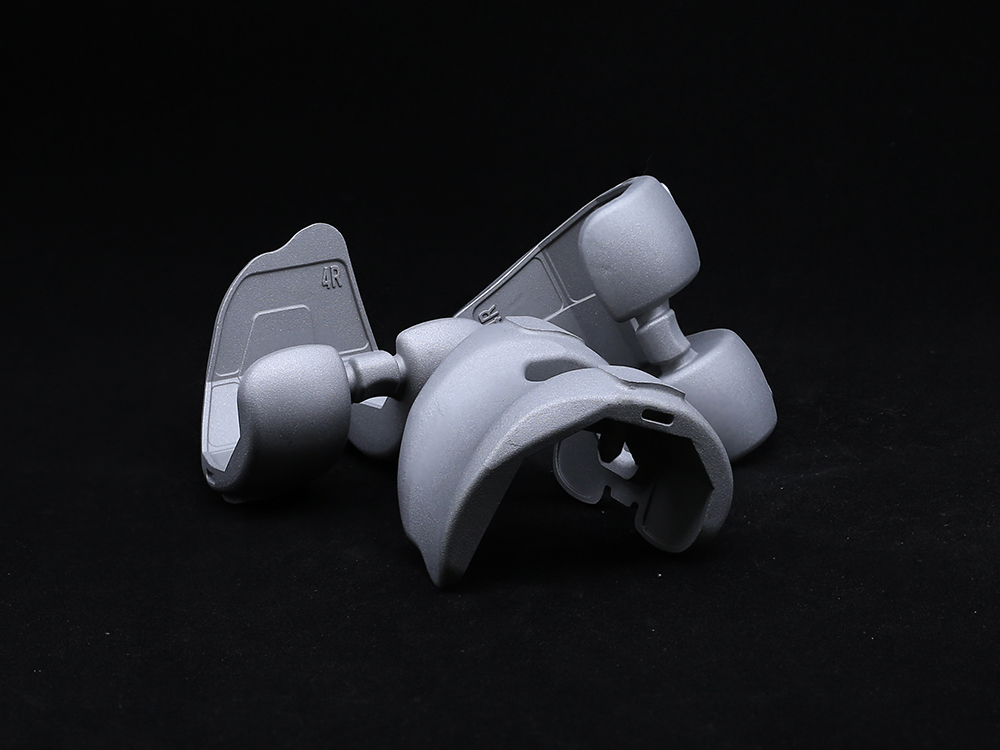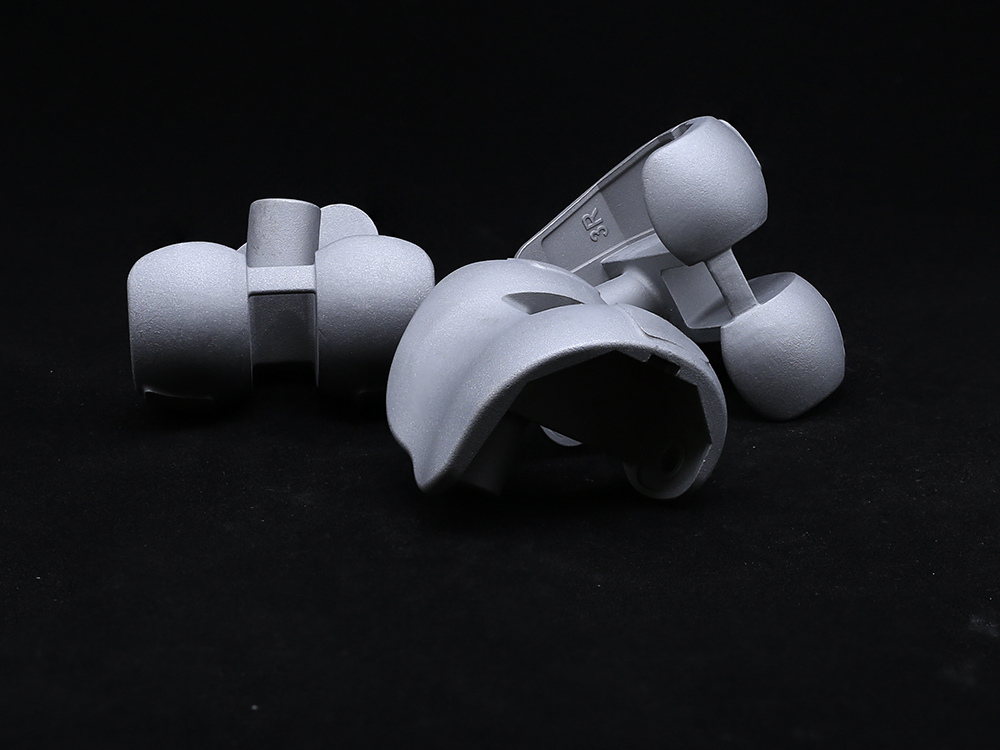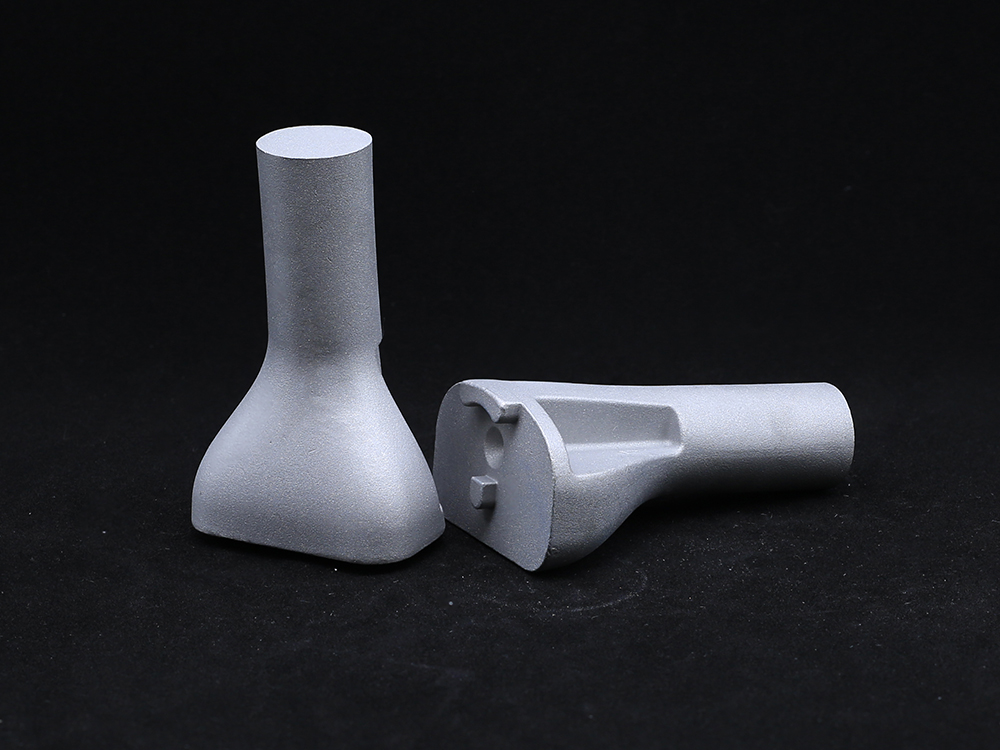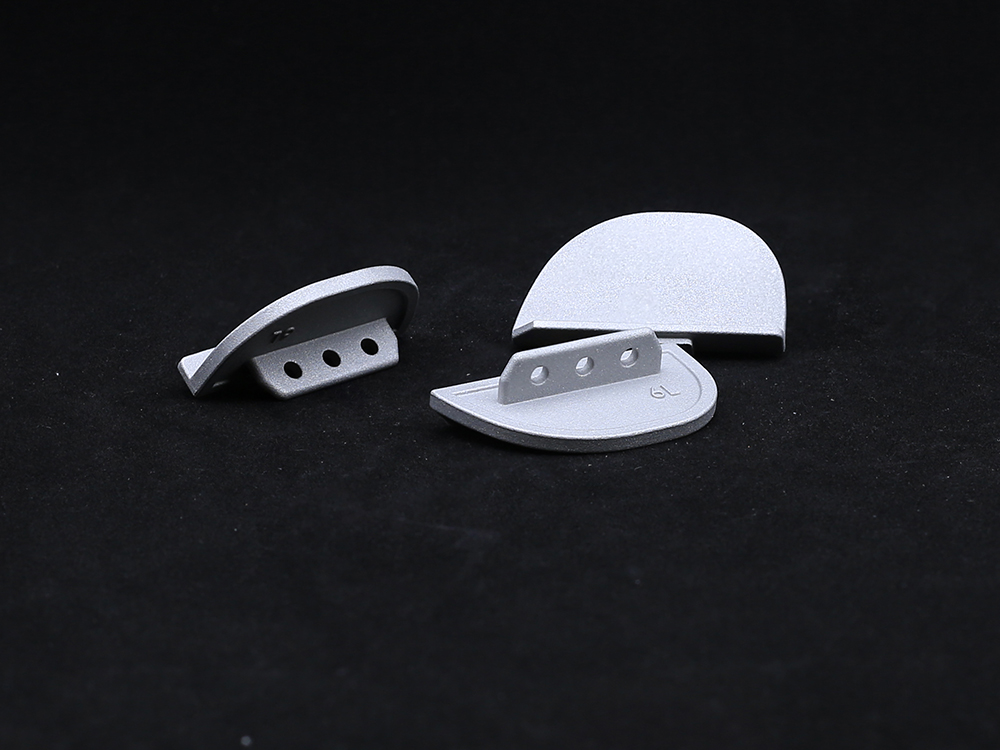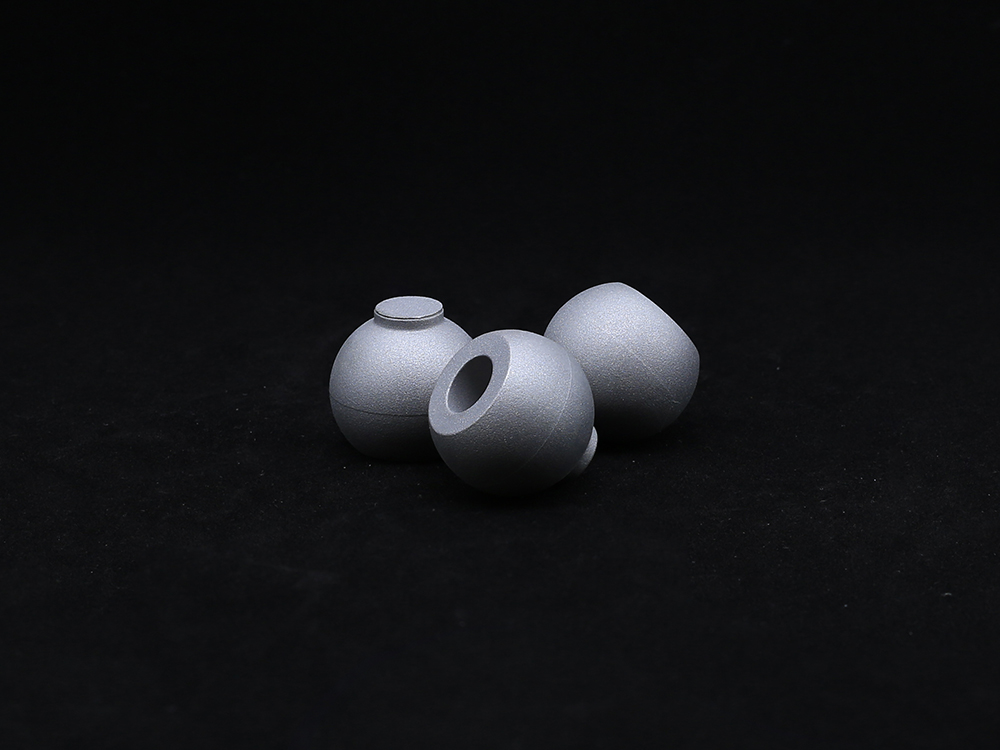NHS Knee Replacement Surgery Free Expert Orthopaedic Care
- Understanding knee replacement procedures and NHS pathways
- Technological innovations transforming joint replacement success
- Comparative analysis of leading implant manufacturers
- Personalized surgical approaches for different patient needs
- Real-world outcomes from NHS replacement surgeries
- Navigating NHS pathways from referral to rehabilitation
- Future developments in publicly funded knee replacement

(knee replacement surgery nhs)
Navigating Knee Replacement Surgery Within the NHS System
Joint deterioration affects over 8 million people in the UK according to Versus Arthritis research, with knee osteoarthritis being the primary reason for replacement surgery. The NHS performs approximately 100,000 knee replacements annually at over 160 NHS Trusts. Eligibility follows NICE guidelines: patients experiencing persistent pain not alleviated by non-surgical treatments like physiotherapy, weight management or steroid injections become suitable candidates after thorough orthopaedic assessment. Waiting times currently average 12-18 weeks from surgical decision to procedure, though regional variations exist.
Technological Advancements Improving Surgical Outcomes
Contemporary joint replacement utilizes advanced technologies enhancing precision and longevity. Computer-assisted navigation now supplements 37% of NHS knee replacements, improving alignment accuracy to within 1° of ideal position. Robotic systems like Stryker's Mako demonstrate 25% lower revision rates according to NJR data. Polymer innovations in highly cross-linked polyethylene reduce wear rates to under 0.1mm annually. Cementless implant designs using porous titanium coatings achieve biological fixation in 98.2% of cases within 6 months. Enhanced perioperative protocols employing nerve blocks and TXA reduce transfusion needs by 68% and enable same-day mobilization in suitable patients.
Implant Manufacturer Comparison
| Manufacturer | Survival Rate (10 yrs) | NHS Usage | Technology | Patient Satisfaction |
|---|---|---|---|---|
| Zimmer Biomet | 96.1% | 34% | Persona® kinematic alignment | 93.7% |
| Stryker | 95.8% | 29% | Mako robotics | 95.2% |
| Johnson & Johnson | 94.3% | 22% | Attune® stability | 89.4% |
| Smith & Nephew | 93.7% | 15% | Journey II® bicruciate | 88.9% |
Data sourced from National Joint Registry 2021 reports and NHS PROMS
Patient-Centric Approach to Implant Selection
Contemporary orthopaedic practice emphasizes three tailored pathways dependent on anatomical presentation and activity requirements. Unicompartmental replacements preserve ligaments in localised degeneration cases with Oxford partial implants demonstrating 91.4% survival at 15 years. Total knee replacement with posterior-stabilized designs addresses advanced tri-compartmental disease in lower-demand patients. Cruciate-retaining systems benefit active individuals through greater femoral rollback. Enhanced stability designs including dual-pivot and rotating-platform options exist for complex instability cases. Each pathway undergoes multidisciplinary team discussion considering radiological findings and functional goals.
Clinical Outcomes Following NHS Procedures
National PROMs data reveals consistent functional improvements post-surgery, with average Oxford Knee Scores improving from 19 pre-operatively to 38 at six months. 84% of NHS patients achieve significant pain reduction within twelve weeks. University Hospitals of Derby report 92% return-to-driving rates by eight weeks. Nottingham University Hospitals implemented enhanced recovery protocols reducing average stays to 2.3 days with 25% day-case procedures. Complex revision cases constitute 8.7% of NHS operations but require specialist centers using metaphyseal cones and trabecular metal augmentation, achieving infection control in 89% of first-stage revisions.
Accessing NHS Orthopaedic Services
Patient journeys commence with GP referral to musculoskeletal services offering tiered care pathways. Specialist physiotherapists conduct initial assessments with MRI confirmation by radiography departments. Surgical listings require dual-consultant approval at multidisciplinary meetings. Postoperatively, patients engage with community physiotherapy teams for six-week rehabilitation programs focusing on achieving 0-120° motion. The NHS operates specialist revision centers providing tertiary care for complex cases at facilities like RNOH Stanmore and Oxford's Nuffield Orthopaedic Centre where revision volumes exceed 200 cases annually.
Future Directions for Knee Replacement Through the NHS
With demand projected to increase by 189% by 2030 per Arthritis Research UK projections, NHS England now implements standardized care pathways through GIRFT programs reducing unwarranted variation. Recent innovations being adopted across NHS Trusts include same-day discharge protocols applying to 27% of suitable patients and virtual rehabilitation accessed through NHS app services. Academic collaborations through the BOA focus on enhanced bearing surfaces including ceramicized metal alloys, promising 50% lower polyethylene wear rates. Future commissioning decisions will prioritize high-volume evidence-based approaches to maintain accessibility for qualifying UK residents.

(knee replacement surgery nhs)
FAQS on knee replacement surgery nhs
Q: What is knee replacement surgery on the NHS?
A: Knee replacement surgery on the NHS involves replacing damaged knee joints with artificial implants to reduce pain and improve mobility. It's offered to eligible patients with severe arthritis or injury after non-surgical treatments fail. Referrals are made through a GP assessment.
Q: Who qualifies for half knee replacement surgery on the NHS?
A: Patients with arthritis confined to one knee compartment may qualify for partial (half) knee replacement surgery. Eligibility requires meeting strict criteria including X-ray evidence and failed conservative treatments like physiotherapy. Final approval follows assessment by an NHS orthopedic specialist.
Q: When is half hip replacement available through the NHS?
A: Half hip replacement (hemiarthroplasty) is typically provided for NHS patients with hip fractures where the femoral head is damaged. This emergency procedure replaces the ball portion of the joint and requires prompt surgery. Age, bone quality, and overall health determine candidacy.
Q: How long is the NHS wait for knee replacement surgery?
A: Current NHS waiting times for knee replacements vary by region but average 12-18 months after surgeon approval. Urgent cases like traumatic injuries may be prioritized. Patients can check specific hospital timelines via the NHS My Planned Care platform.
Q: Are revision knee surgeries covered by the NHS?
A: Yes, the NHS covers revision knee replacements if original implants fail due to wear, infection, or loosening. Complex revision procedures involve specialist centers and longer recovery. Patients undergo thorough preoperative scans to assess bone loss and implant stability.
Get a Custom Solution!
Contact Us To Provide You With More Professional Services

